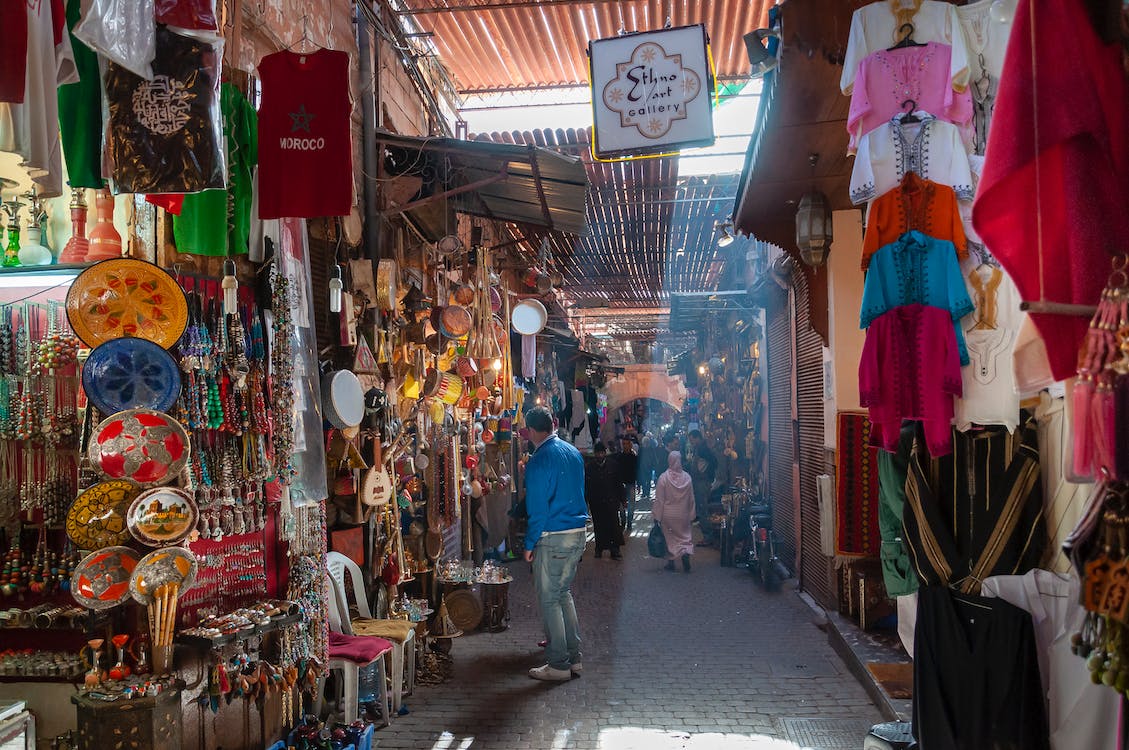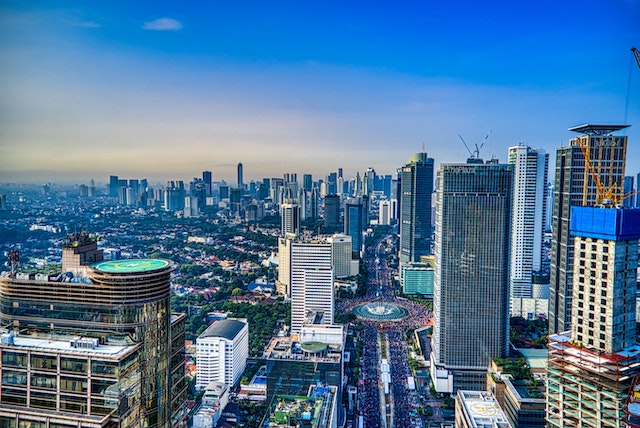As we embark on our adventures around the world, it’s important to remember that traveling is not just about seeing new places and trying exciting activities—it’s also about immersing ourselves in different cultures and respecting the customs and traditions of the places we visit. As a seasoned world traveler who has had the privilege of exploring various corners of the globe, I’ve learned that cultural sensitivity is not only a matter of respect but also a crucial aspect of ensuring our own safety. So, let’s dive into this article, where I’ll share personal anecdotes, insights, and practical tips on how to embrace cultural sensitivity and enhance both our travel experiences and our safety along the way. Are you ready? Let’s get started!
Educate Yourself:
Before setting foot in a new destination, take the time to educate yourself about the local customs, traditions, and cultural norms. Understanding the basic etiquette and practices will not only show respect but also help you navigate social situations with ease. Read guidebooks, engage in online research, and talk to locals or fellow travelers who have visited the place before.
Dress Appropriately:
One of the simplest ways to show cultural respect is to dress appropriately. In many countries, modesty is highly valued, and certain clothing choices may be considered offensive or inappropriate. Before packing your bags, research the local dress codes and ensure that your attire aligns with cultural expectations. By doing so, you’ll not only avoid potential misunderstandings but also feel more comfortable and blend in with the local crowd.
Learn Basic Phrases:
Learning a few basic phrases in the local language can work wonders in building rapport and showing respect to the locals. Even if you struggle with pronunciation, making an effort to greet people, say “thank you,” and ask for help in their language will be appreciated. Locals will often respond warmly to your attempts, and it may even lead to valuable interactions and memorable experiences.
Respect Local Customs and Traditions:
When visiting a foreign land, it’s important to remember that we are guests in someone else’s home. Respect local customs and traditions, even if they may seem unfamiliar or different from what you’re accustomed to. Be mindful of religious practices, social norms, and cultural taboos. Observing and appreciating these aspects will not only show respect but also help you avoid potentially uncomfortable or unsafe situations.
Observe and Adapt:
As you navigate through different cultures, observe the behaviors and actions of the locals around you. Take cues from them on how to interact, greet, and behave in various settings. For example, in some cultures, it may be customary to remove your shoes before entering someone’s home or place of worship. By observing and adapting to these cultural nuances, you’ll not only fit in better but also minimize the risk of unintentionally causing offense or discomfort.
Be Mindful of Photography:
Photography is a wonderful way to capture memories of your travels. However, it’s important to be respectful when taking photos, especially in culturally sensitive or sacred locations. Always ask for permission before taking someone’s photograph, particularly when it comes to portraits. Some places may have restrictions on photography, so be sure to abide by the rules and regulations to avoid any potential trouble.
Connect with Locals:
One of the best ways to learn about a culture is by connecting with locals. Engage in conversations, ask questions, and show genuine interest in their way of life. Locals are often eager to share their traditions, stories, and recommendations. By building these connections, you’ll not only gain valuable insights but also establish a network of support, which can be invaluable in unfamiliar surroundings.
Trust Your Intuition:
While cultural sensitivity is important, it’s equally crucial to trust your intuition and prioritize your safety. If a situation or interaction feels uncomfortable or unsafe, remove yourself from it. Your instincts are powerful guides, and it’s essential to listen to them, even in unfamiliar environments. Don’t hesitate to seek help from authorities or fellow travelers if needed.
Conclusion
As we travel the world, embracing cultural sensitivity is not only a way to show respect but also a means to enhance our own safety. By educating ourselves, dressing appropriately, learning basic phrases, respecting customs and traditions, observing and adapting, being mindful of photography, connecting with locals, and trusting our intuition, we can navigate different cultures with grace and forge meaningful connections. Remember, every culture has a wealth of knowledge, traditions, and experiences to offer. So let’s explore the world with open hearts and open minds, embracing the diversity that makes our global community so rich and vibrant.









